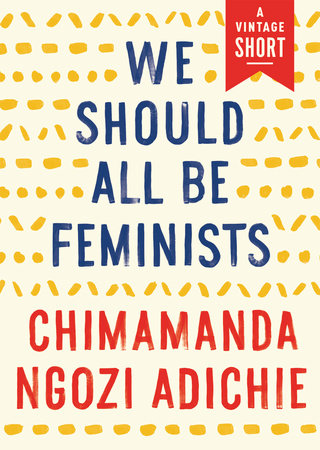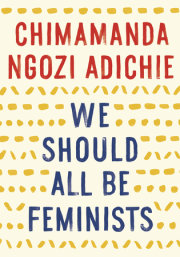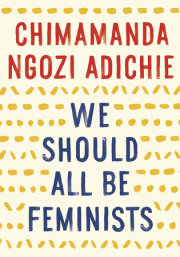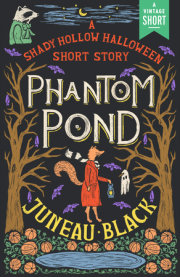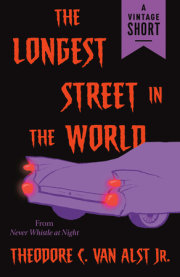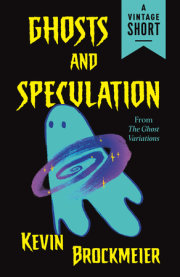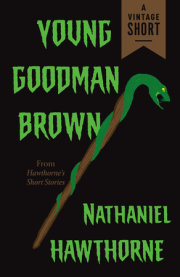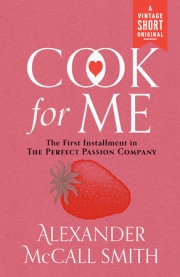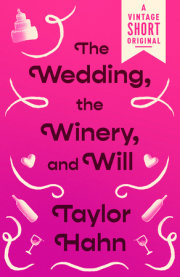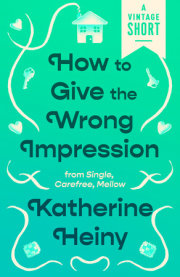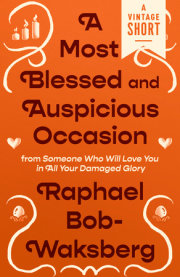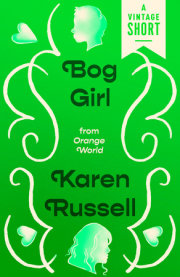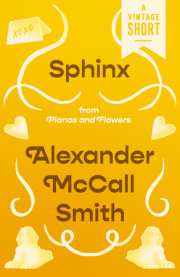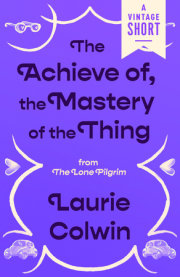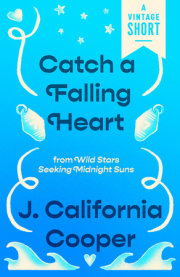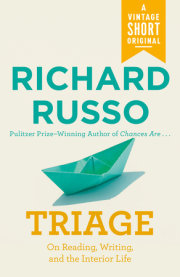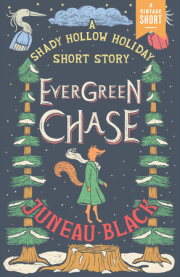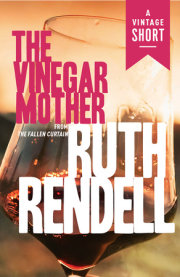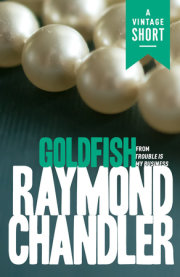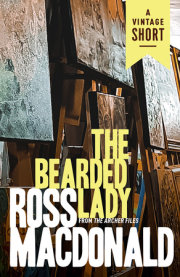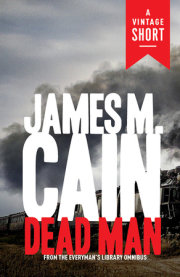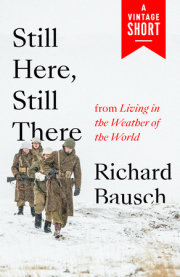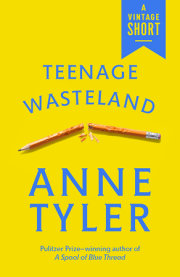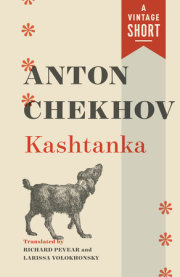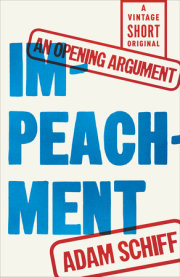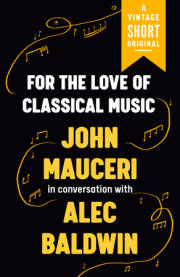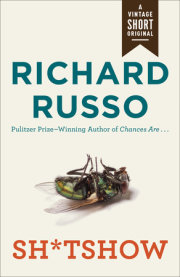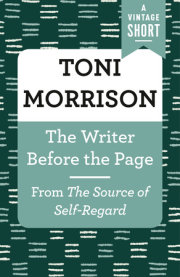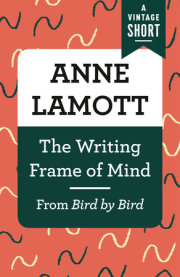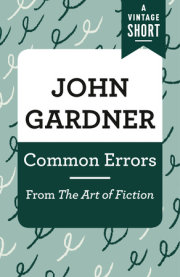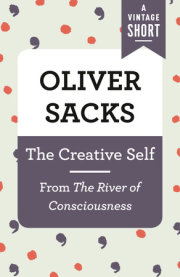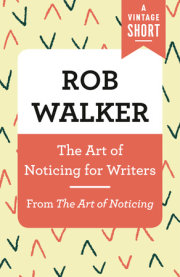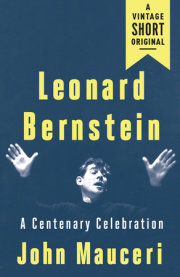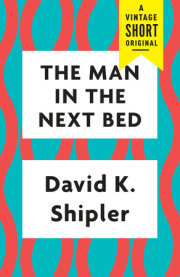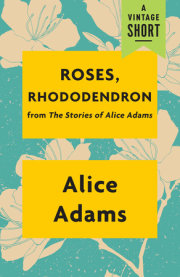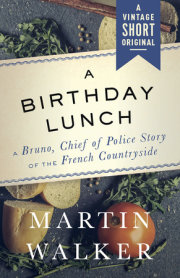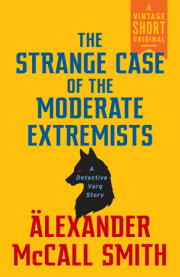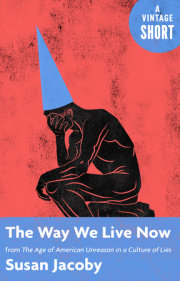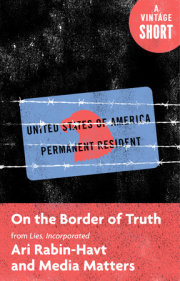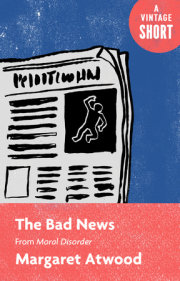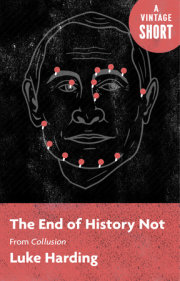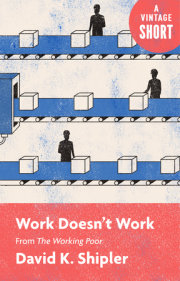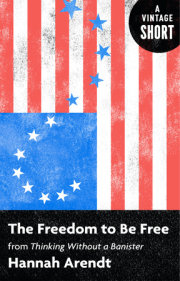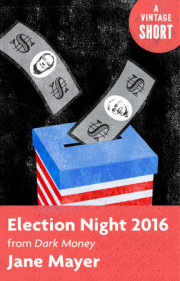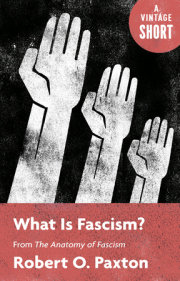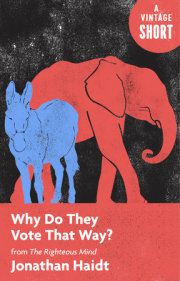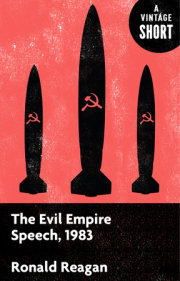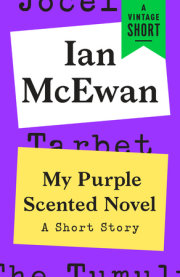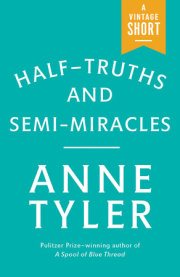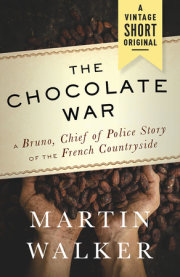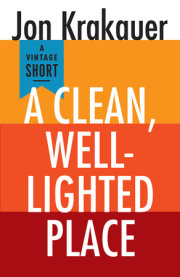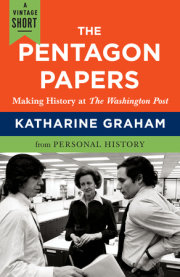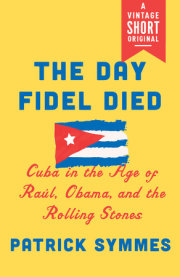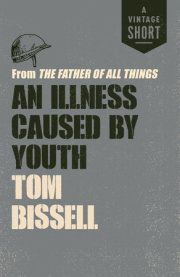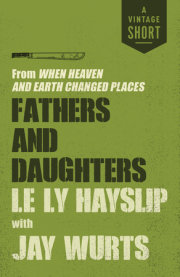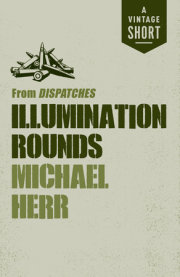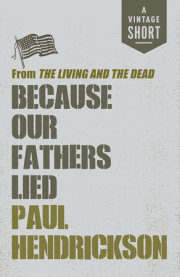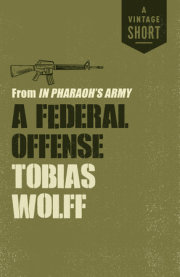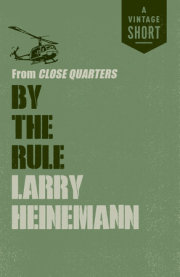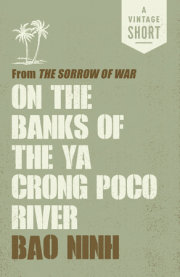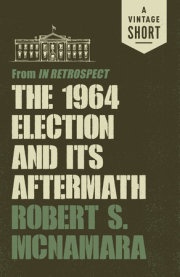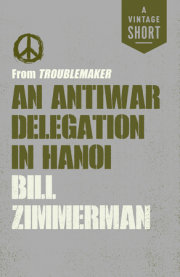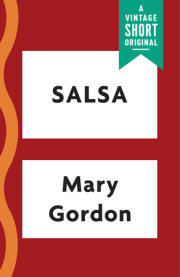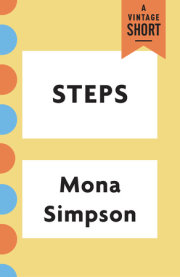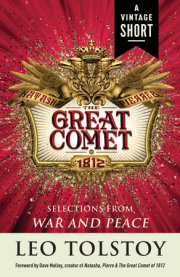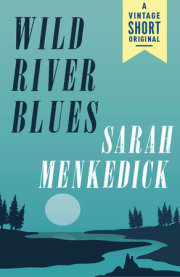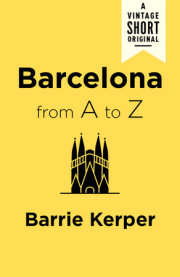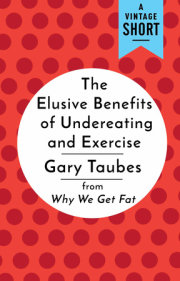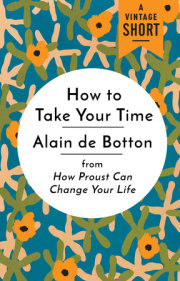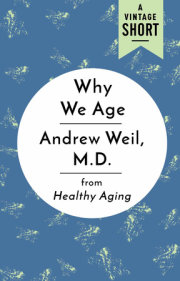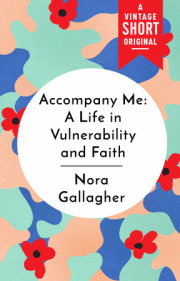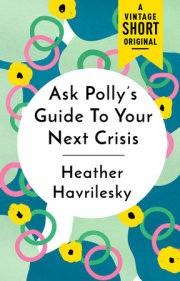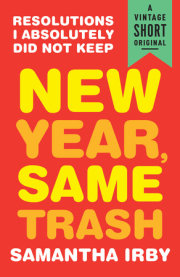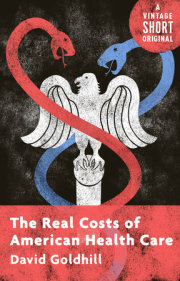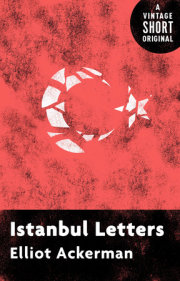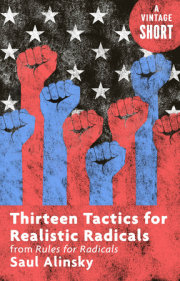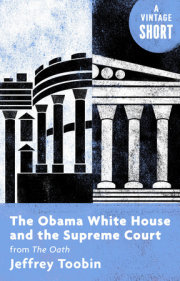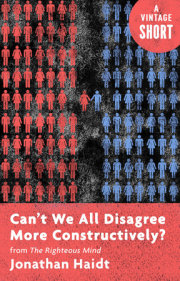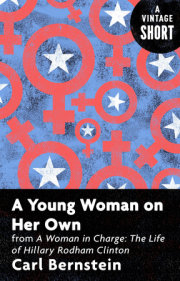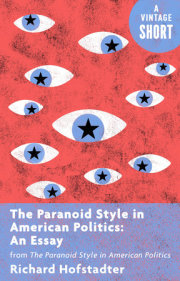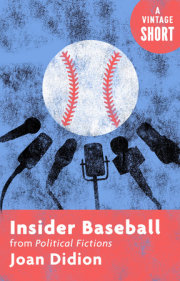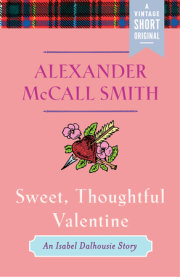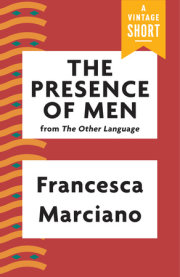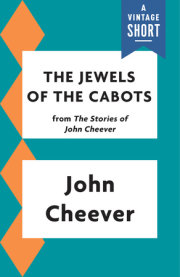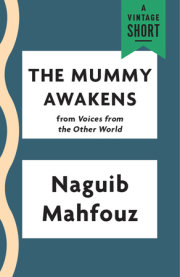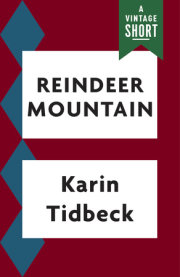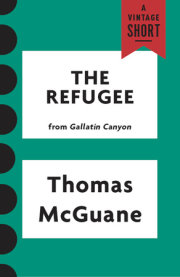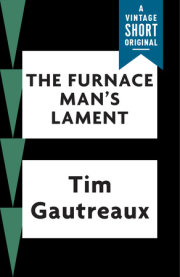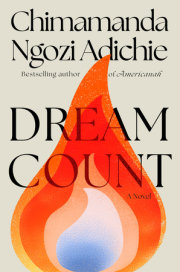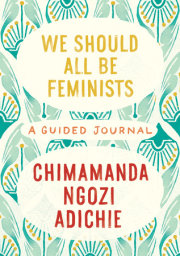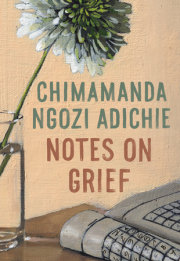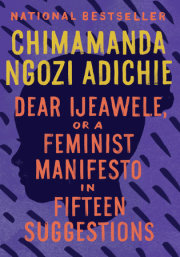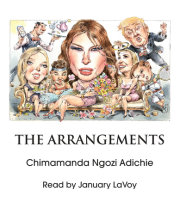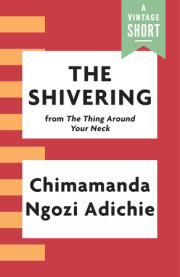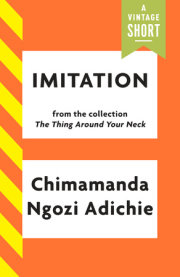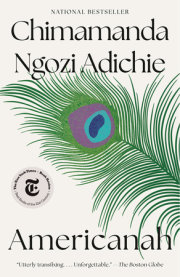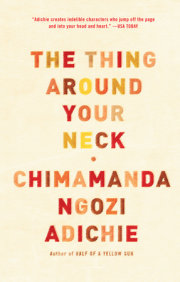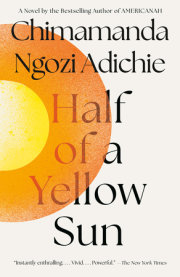INTRODUCTION
This is a modified version of a talk I delivered in December 2012 at TEDxEuston, a yearly conference focused on Africa. Speakers from diverse fields deliver concise talks aimed at challenging and inspiring Africans and friends of Africa. I had spoken at a different TED conference a few years before, giving a talk titled ‘The Danger of the Single Story’ about how stereotypes limit and shape our thinking, especially about Africa. It seems to me that the word feminist, and the idea of feminism itself, is also limited by stereotypes. When my brother Chuks and best friend Ike, both co-organizers of the TEDxEuston conference, insisted that I speak, I could not say no. I decided to speak about feminism because it is something I feel strongly about. I suspected that it might not be a very popular subject, but I hoped to start a necessary conversation. And so that evening as I stood onstage, I felt as though I was in the presence of family – a kind and attentive audience, but one that might resist the subject of my talk. At the end, their standing ovation gave me hope.
...
WE SHOULD ALL BE FEMINISTS
Okoloma was one of my greatest childhood friends. He lived on my street and looked after me like a big brother: if I liked a boy, I would ask Okoloma’s opinion. Okoloma was funny and intelligent and wore cowboy boots that were pointy at the tips. In December 2005, in a plane crash in southern Nigeria, Okoloma died. It is still hard for me to put into words how I felt. Okoloma was a person I could argue with, laugh with and truly talk to. He was also the first person to call me a feminist.
I was about fourteen. We were in his house, arguing, both of us bristling with half- baked knowledge from the books we had read. I don’t remember what this particular argument was about. But I remember that as I argued and argued, Okoloma looked at me and said, ‘You know, you’re a feminist.’
It was not a compliment. I could tell from his tone – the same tone with which a person would say, ‘You’re a supporter of terrorism.’
I did not know exactly what this word feminist meant. And I did not want Okoloma to know that I didn’t know. So I brushed it aside and continued to argue. The first thing I planned to do when I got home was look up the word in the dictionary.
Now fast-forward to some years later. In 2003, I wrote a novel called
Purple Hibiscus, about a man who, among other things, beats his wife, and whose story doesn’t end too well. While I was promoting the novel in Nigeria, a journalist, a nice, well-meaning man, told me he wanted to advise me. (Nigerians, as you might know, are very quick to give unsolicited
advice.)
He told me that people were saying my novel was feminist, and his advice to me – he was shaking his head sadly as he spoke – was that I should never call myself a feminist, since feminists are women who are unhappy because they cannot find husbands.
So I decided to call myself a Happy Feminist.
Copyright © 2015 by Chimamanda Ngozi Adichie. All rights reserved. No part of this excerpt may be reproduced or reprinted without permission in writing from the publisher.

